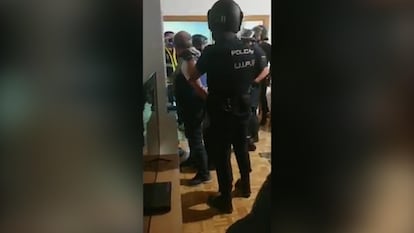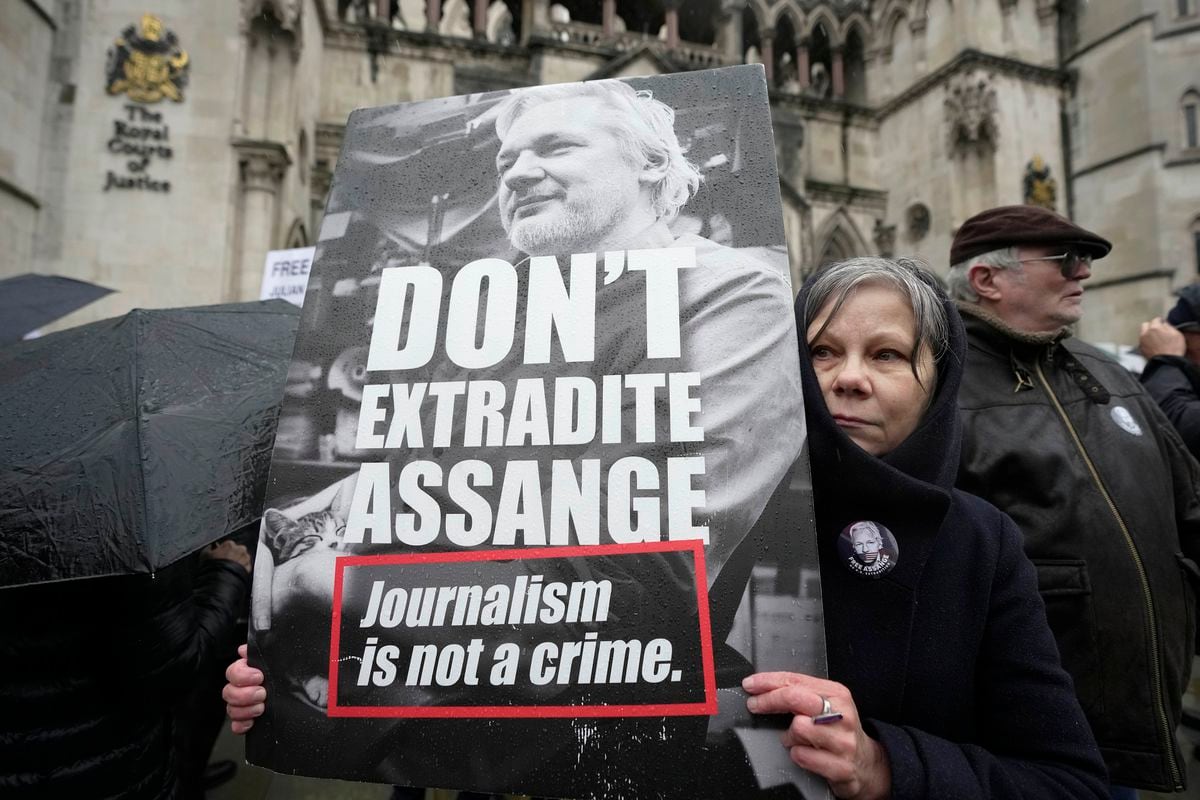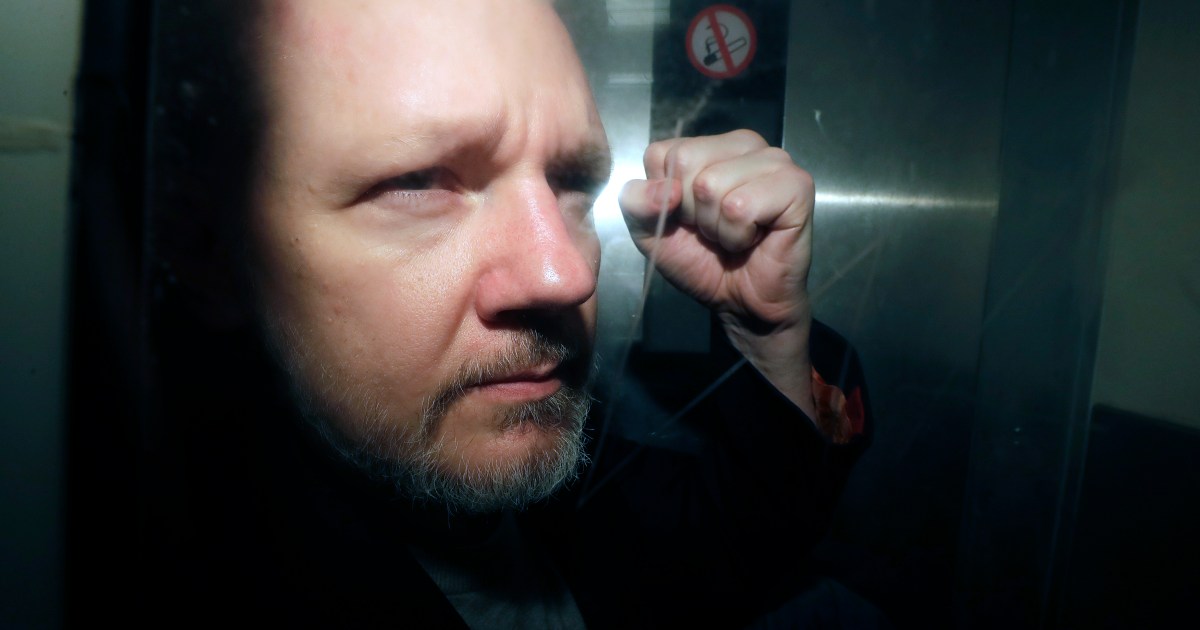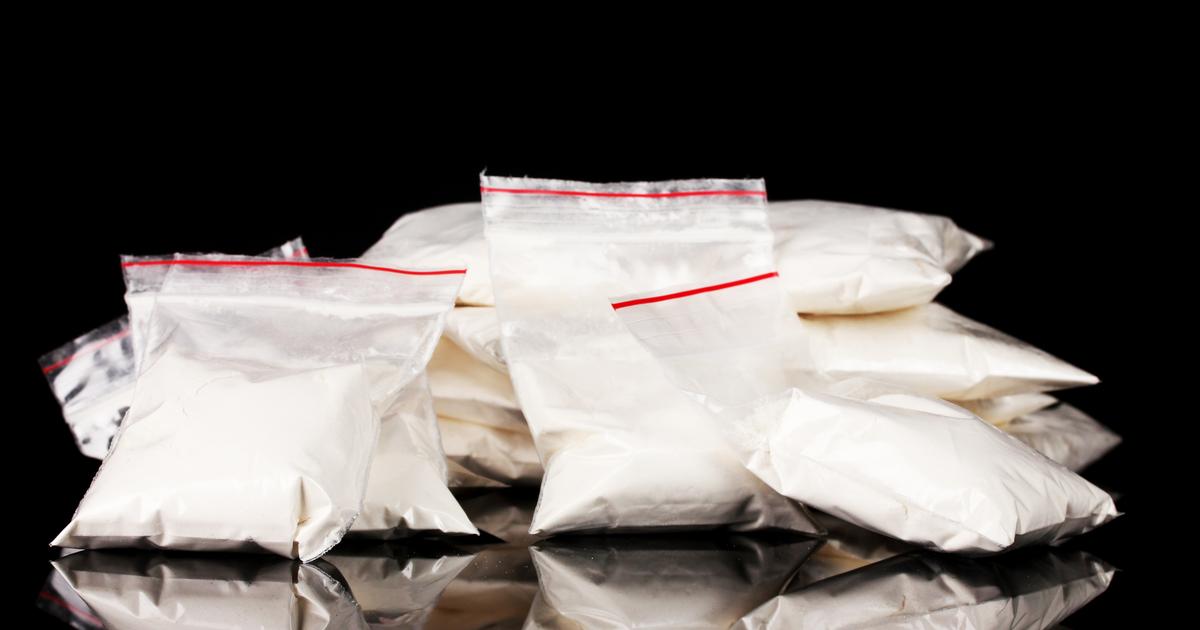From his cell in the Estremera prison (Madrid), where he remains detained after his arrest on September 9, the former head of the Venezuelan military counterintelligence until 2014, Hugo Armando Carvajal, better known as
El Pollo Carvajal
, revolts to prevent Spain from handing him over to the US authorities, who demand him to be tried for drug trafficking, money laundering and collaboration with the former guerrilla of the Revolutionary Armed Forces of Colombia (FARC).
The former high-ranking official of the governments of Hugo Chávez and Nicolás Maduro has opened up to three fronts in his attempt to thwart an extradition that was already approved in 2020 by both the Spanish justice and the Council of Ministers, and which was not possible then. materialize by a leak that only his recent arrest has ended.
The legal battle has three scenarios: the Ministry of the Interior, the National Court and the Supreme Court.
More information
Hugo Carvajal, the man of secrets and escapes
Asylum request.
Carvajal entered Spain on March 18, 2019 through the Adolfo Suárez Madrid-Barajas airport. Coming from the Dominican Republic, to avoid border controls, he exhibited a Venezuelan passport in the name of Adolfo José Mouriño Olsen. He was arrested weeks later at the door of his son's home in Madrid and entered prison for the first time in Spain. In June of that same year, the ex-military man submitted a request for protection from prison to the Asylum and Refugee Office, under the Ministry of the Interior. He claimed to be the victim of an alleged political persecution. That request was rejected the following September 23 and Interior sent its resolution to jail, when Carvajal had already abandoned her on parole while waiting for the National Court to decide on her extradition.According to Interior sources, this was done because the administrative file opened by the request did not contain any address for notification purposes. However, María Dolores Argüelles, current lawyer for the former Chavista high official, assures that he was fully locatable on that date, since he had to communicate to the National Court, before which he had to appear then every 15 days, a residence in Spain.a residence in Spain.a residence in Spain.
Now, after the new arrest, and when the extradition process reopened, the Interior has communicated to the National Court that it already refused two years ago to grant El Pollo asylum. After that, his lawyer has asked the Asylum Office to review the file and has announced his intention of, if he is denied again (this body has a period of up to six months to rule), to appeal to the Contentious Chamber Administrative of the National Court. The lawyer adds her willingness to continue to sue before the Constitutional Court and the Human Rights Court of Strasbourg, and shows her conviction that her client will not be extradited to the United States until there is a “final resolution” of the asylum file. Nevertheless,Interior and judicial sources deny this point and coincide in stating that "neither the review [of the administrative file] nor a possible appeal would paralyze the delivery."
Summary reopened.
After his first arrest in April 2019, Carvajal announced his intention to offer the Spanish justice relevant information about the alleged links of the Chavista regime with the Lebanese terrorist group Hezbollah. The judge of the National Court Alejandro Abascal, who was the one who initiated the investigation of the case for his extradition, opened a case that he declared secret and called him to testify. However, on the day he was to be interrogated, in May 2019, the Chavista general decided by surprise not to do so, which led the magistrate to archive the proceedings. His refusal coincided with a change of lawyer after Antonio José García Cabrera assumed his defense, the same lawyer for the retired commissioner José Manuel Villarejo, with whom Carvajal had coincided in the Estremera prison. Garcia Cabrera,who shortly after left the defense of the ex-Chavista military, assures that, in reality, he had only asked to delay the statement to prepare it, considering it complex. In fact, the day after that sit-in with the judge, the Venezuelan military released a statement in which he insisted on his intention to provide information "on the structure and gears of the criminal operation of the usurped government" of Maduro.
That same month, Villarejo sent a letter to the judge of Operation Tandem, in which he is being investigated for police corruption, in which he asked that Carvajal be summoned to speak about the alleged relationship of the Maduro government with Podemos. However, the escape of the ex-military, months later, ended up ruining the case that, after his recent arrest, has been reactivated after Carvajal once again showed his intention to testify. He did it last Monday under secret and for an hour and a half, in an appearance that has only transpired that he spoke of the alleged financial connections of the Chavista regime with terrorist groups. According to legal sources, at the appearance, in which he announced that he would bring to the cause "important documents" to prove his accusations and that they were "safeguarded",He requested to be considered a protected witness in order to avoid his extradition. His lawyer has declined to confirm or deny this point: "I do not make statements about secret actions." This Tuesday, Carvajal issued a statement "to Venezuelans" in which, in addition to charging against Maduro, the United States and the Spanish Government, he showed his confidence that what he was willing to tell the judge "is beneficial for Spanish justice and international justice ”. In the text, he did not detail anything of its content, assuring that "it must be secret."The US and the Spanish Government showed their confidence that what they were willing to tell the judge "is beneficial for Spanish justice and international justice." In the text, he did not detail anything of its content, assuring that "it must be secret."The US and the Spanish Government showed their confidence that what they were willing to tell the judge "is beneficial for Spanish justice and international justice." In the text, he did not detail anything of its content, assuring that "it must be secret."
The National Police detained Hugo Carvajal on the 9th in Madrid.
NATIONAL POLICE / Europa Press
Supreme court.
In his attempt to stop his surrender to the United States, Carvajal has been appealing all the resolutions that have fallen against him, both in the National Court and in the Supreme Court. The high court plans to deliberate in the coming weeks on the challenge raised by the former military to the agreement of the Council of Ministers that, on March 3, 2020, approved his delivery to be tried in the southern district of New York. While the Contentious-Administrative Chamber decides whether or not to admit the appeal, Carvajal has tried, on two occasions, for the magistrates to suspend the delivery in a precautionary manner. In the first brief presented to the Supreme Court,The ex-military man supported his request that the "sole purpose" of the United States in requesting his extradition was to subject him "to torture" in order "to obtain information on the prevailing regime in the Bolivarian Republic of Venezuela." The court rejected the precautionary measure in May 2020 referring to its own jurisprudence, which establishes that an agreement of the Council of Ministers cannot be suspended when it is “simply limited” to authorizing the surrender of persons subject to an extradition procedure approved by the courts of the criminal order.which establishes that an agreement of the Council of Ministers cannot be suspended when it is “simply limited” to authorizing the surrender of persons subject to an extradition procedure approved by the criminal courts.which establishes that an agreement of the Council of Ministers cannot be suspended when it is “simply limited” to authorizing the surrender of persons subject to an extradition procedure approved by the criminal courts.
When the court issued that ruling, the former military man was missing. Almost a year and a half later, and after entering prison again, Carvajal has once again tried his luck in the Contentious Chamber and has again requested the precautionary suspension of his delivery. The court has not yet decided, but in the order issued this Monday to reject the ex-military's request that they respond to his request in a very cautious way (by urgent means and without listening to the other party, in this case the Government), the Supreme it already hints that your answer will be the same as the first time. The court "fails to understand the request that is made regarding the suspension of a resolution, the delivery order, when the precautionary measure in the aforementioned order had already been denied," says the court.




/cloudfront-eu-central-1.images.arcpublishing.com/prisa/AMBABVJIZHEE6NLMK73CXTWI5I.jpg)




